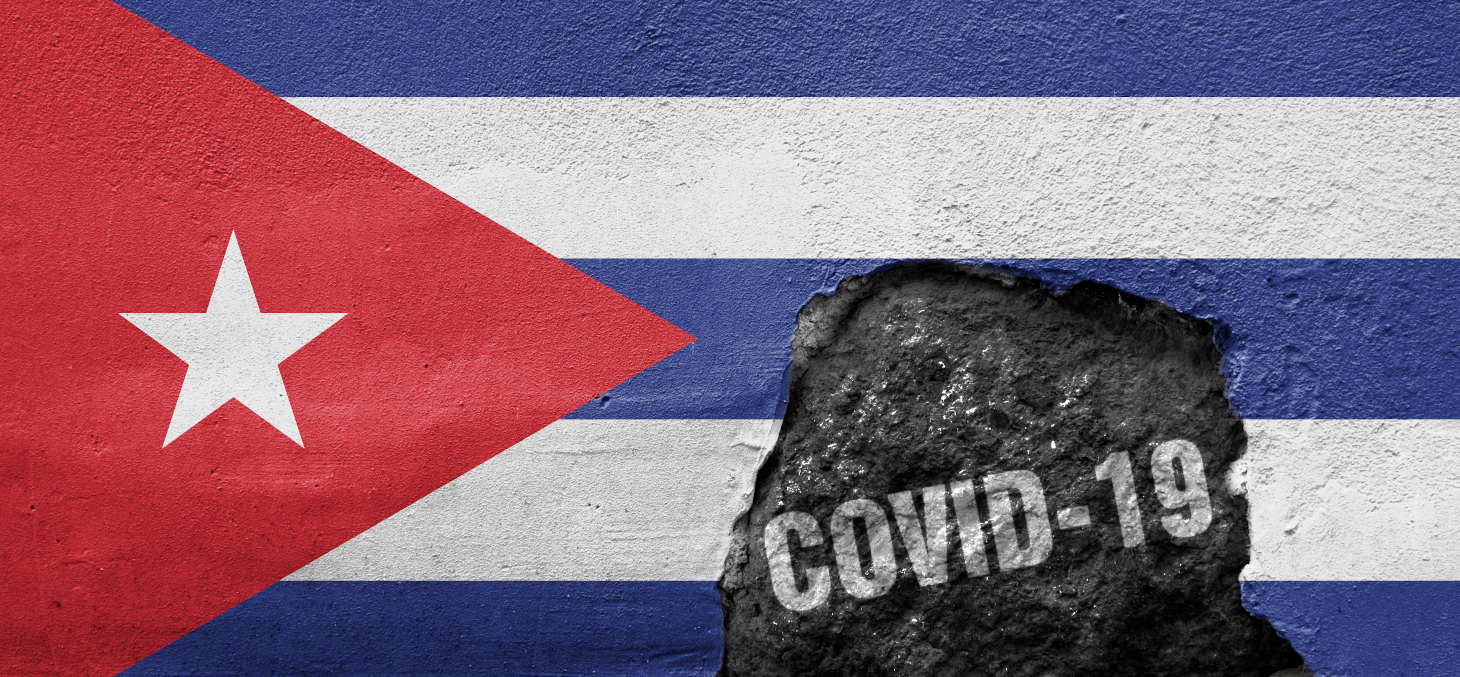Cuban medicine is now called upon both to protect the island's population from Covid-19 and to help various foreign countries, including Italy and France.
Janice Argaillot, Université Grenoble Alpes
Cuba is an archipelago of close to 12 million inhabitants, nestled in a complex geopolitical region. During the current Covid-19 crisis, the small Caribbean country, often presented as that of the “Castro regime” – period from the death of Fidel Castro in November 2016 and the end of Raul Castro’s presidency in April 2018 – has once again shown a sometimes decried internationalism by sending doctors to Italy to fight the Covid-19.
The long tradition of international medical aid
Some of the 53 staff members personnel (health workers and administrative staff) who arrived in Lombardy on March 22 had participated in the fight against the Ebola virus in Africa in 2014. The African continent had already benefited from Cuban logistic-military aid at the time of its independence (think of the interventions in Angola or Mozambique, or support for Algeria), just as Latin America has been the scene of numerous medical and humanitarian operations initiated by Cuba (for example the Operación Milagro).
The missions supported by Cuba throughout the world continue in the midst of the current health crisis. If Cuba can thus “export” its doctors, it is because they are internationally recognized. The contribution of Cuban epidemiologists and virologists was particularly decisive for example in the fight against the cholera epidemic in Haiti after the 2010 earthquake. Cuban researchers are also currently collaborating with their Chinese counterparts to develop a treatment for Covid-19, called “Interferon Alpha-2b Recombinant” (which has been used in Cuba for several years against other diseases). Several French overseas departments geographically close to Cuba have already agreed to receive medical aid from Havana, as have various other countries in the region such as Jamaica, Suriname, Grenada and Nicaragua.
Some accuse the revolutionary government of taking advantage of the situation in order to obtain contracts, money and other benefits (as many other countries do at different levels), while others retort that taking to take Cuba’s international efforts as simple opportunism to avoid total isolation, is to disregard the Cuban Revolution and its principles. Whatever the situation, the island has activated all the wheels of its health system, both domestically and abroad.
A well-prepared nation
The Cuban population is well prepared for what awaits it on its territory. They know that the virus is already present on the island, with several dozen cases detected in a few days (48 confirmed cases by March 24, 57 on March 26, 119 on March 29, 186 by April 1, 814 on April 14). Twenty-four deaths had been registered at that time, and nearly 2,500 people were hospitalized because they presented the symptoms of the disease.
The first cases having been “imported”, the Cubans understood the government’s decision to close the country’s borders, which is largely dependent on tourism (an industry that brought Cuba more than 3 billion dollars in profit in 2018). The tourists still present on the island (32,500 according to Prime Minister Manuel Marrero) have been placed in quarantine. President Díaz Canel also announced the closure of schools for a month, saying it was the responsibility of families to ensure that children remain safely inside their homes. He also insisted on the need to respect social distancing, including in the queues that Cubans know only too well, especially in front of state shops.
A great deal of information has been disseminated through official channels on the transmission of Covid-19 and the means to be implemented to prevent its spread. Everyone thus can measure of the role they have to play in the war against this invisible and ultimately unknown enemy.
Citizens and cuentapropistas (Cubans who work independently) are becoming dressmakers and making cloth masks because supplies of surgical masks are insufficient. Residents are practicing social distancing while waiting for a possible lockdown.
The Cuban population understands the seriousness of the situation, even if fears of a food crisis are strong (the ghost of the “Special Period” in peacetime caused by the fall of the USSR). The Committees for the Defense of the Revolution (CDR) help spread instructions given by the government and monitor the appearance of symptoms among the population.
This is an unprecedented crisis for many people on this planet, but Cubans are used to living with violent upheavals, whether caused by the ravages of a hurricane or the financial and political blockade imposed by the United States, which has been further strengthened since Donald Trump came to power. There is thus no risk of seeing them fighting in supermarkets for a few rolls of toilet paper, as they have been living for decades with a ration book (the “libreta”) and are experiencing shortages of all kinds on a daily basis.
An easing of the embargo?
Cubans can study medicine free of charge (just like foreign students at the ELAM, Latin American School of Medicine) and enjoy a more than respectable rate of doctors per capita, but do not always have access to basic medicines because of US extraterritorial laws.
The UN High Commissioner for Human Rights, former Chilean president Michelle Bachelet, has just called for an easing of the restrictions and sanctions in force against Cuba, in order to help the island develop treatments against the disease.
Cuba is often little talked about other than its ongoing conflict with the United States, its relationship to major European powers such as Italy and France, and is often only perceived through stereotypes – the inevitable “rum, cigars, Che” triad. In the current context, however, Cuba’s domestic and international engagement could call into question the notions of “developed” and “developing” countries.
Janice Argaillot, professor and lecturer of Latin-American civilizations, Université Grenoble Alpes
This article is republished from The Conversation the Creative Commons licence. Read the original article.


